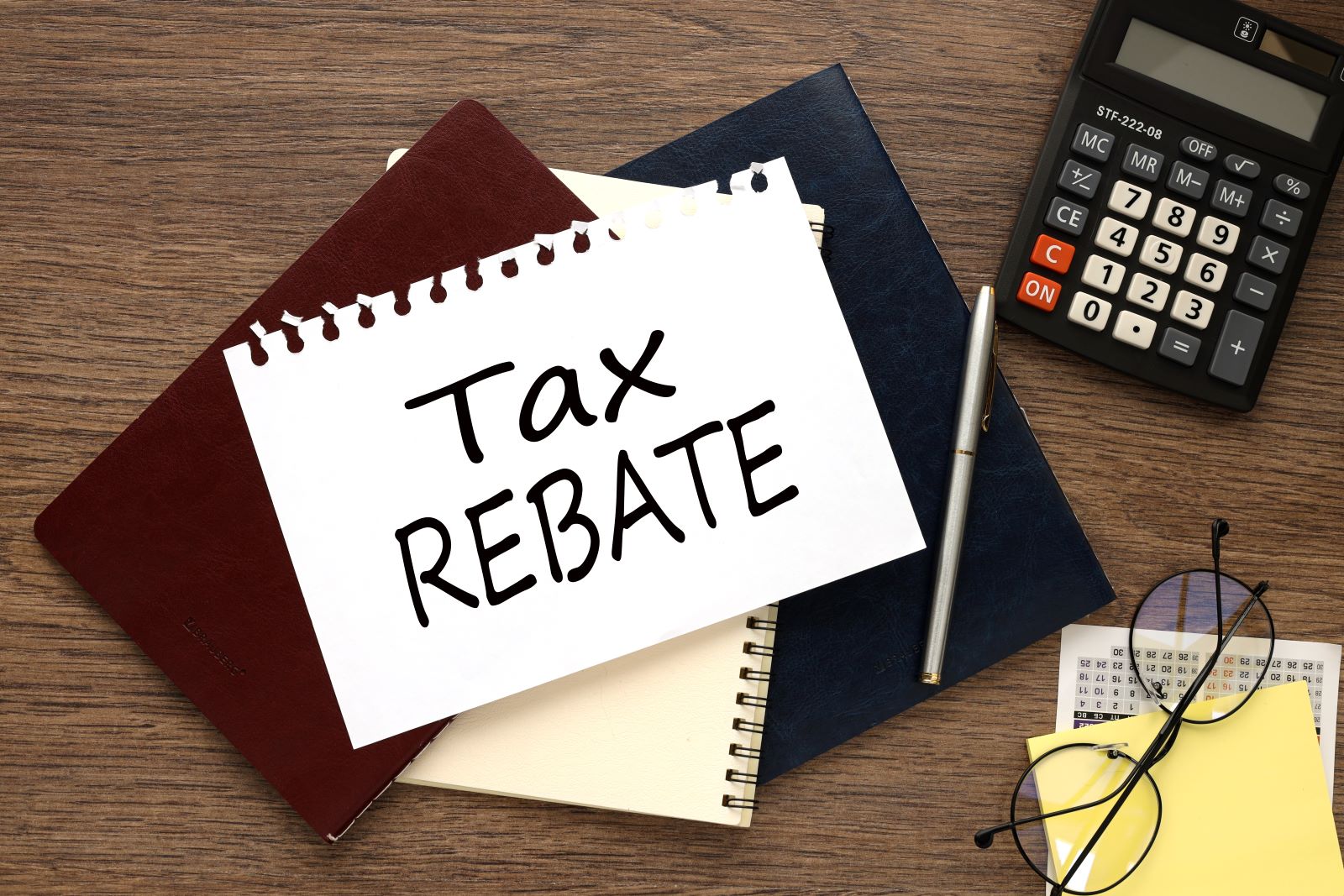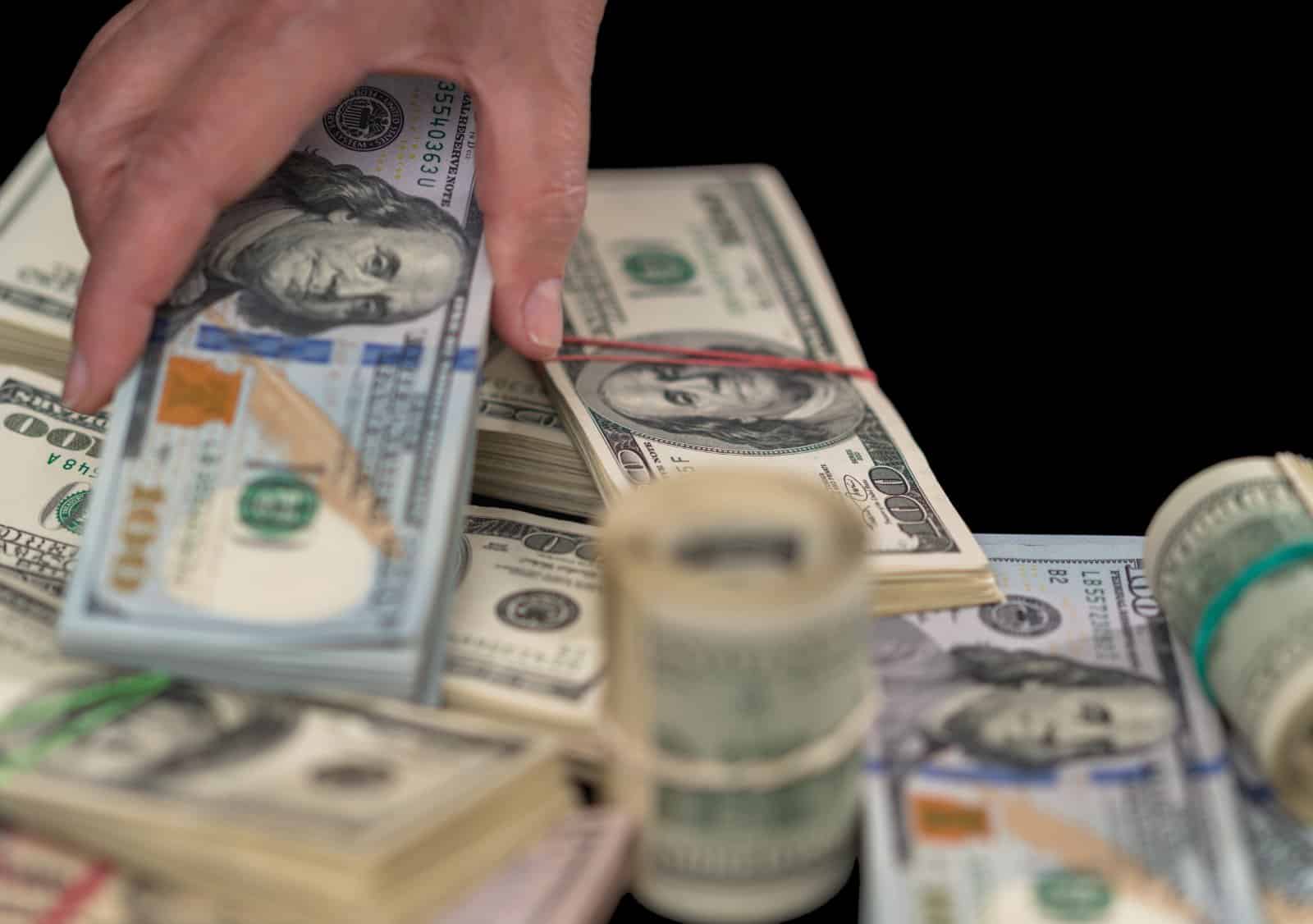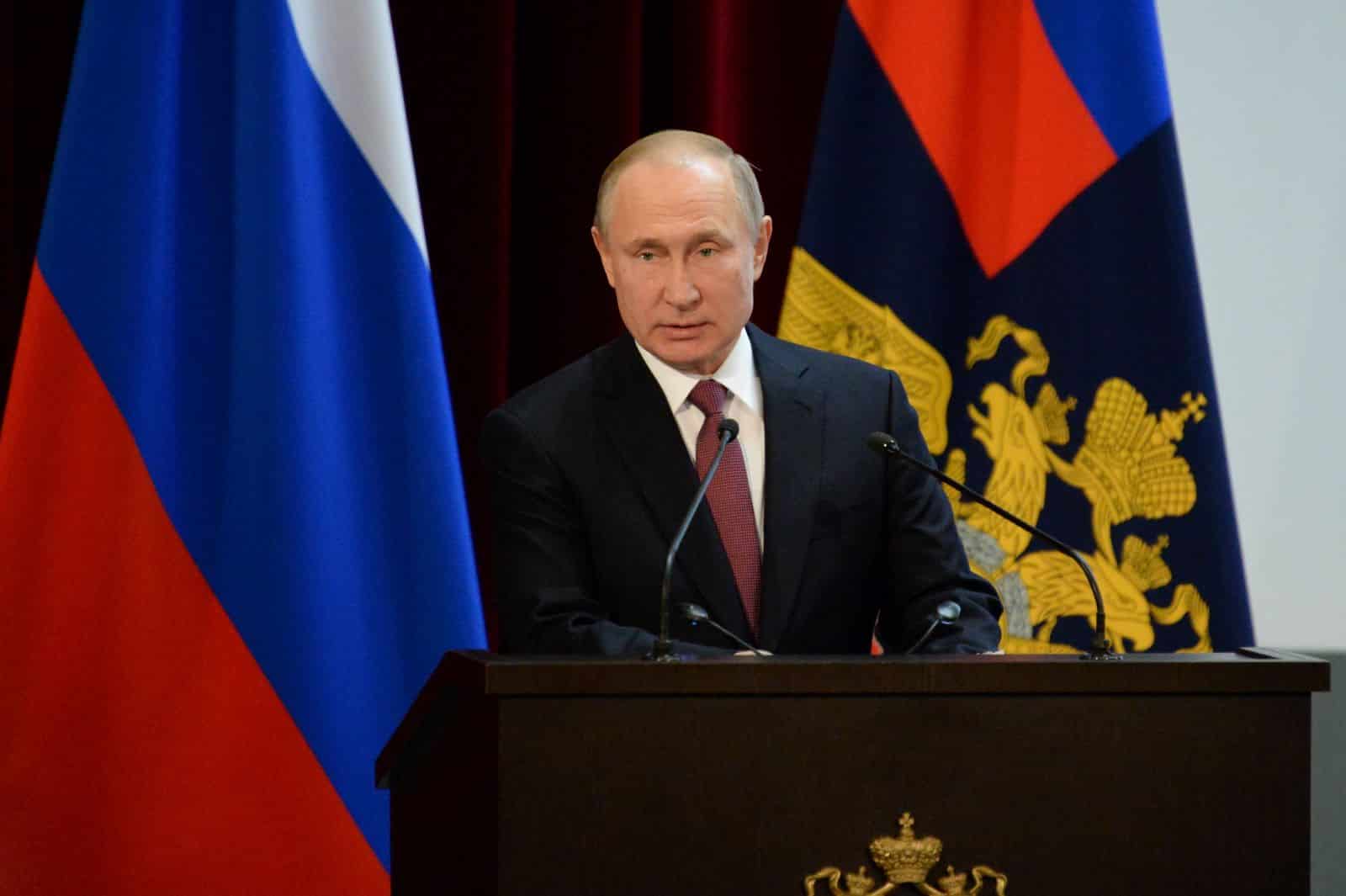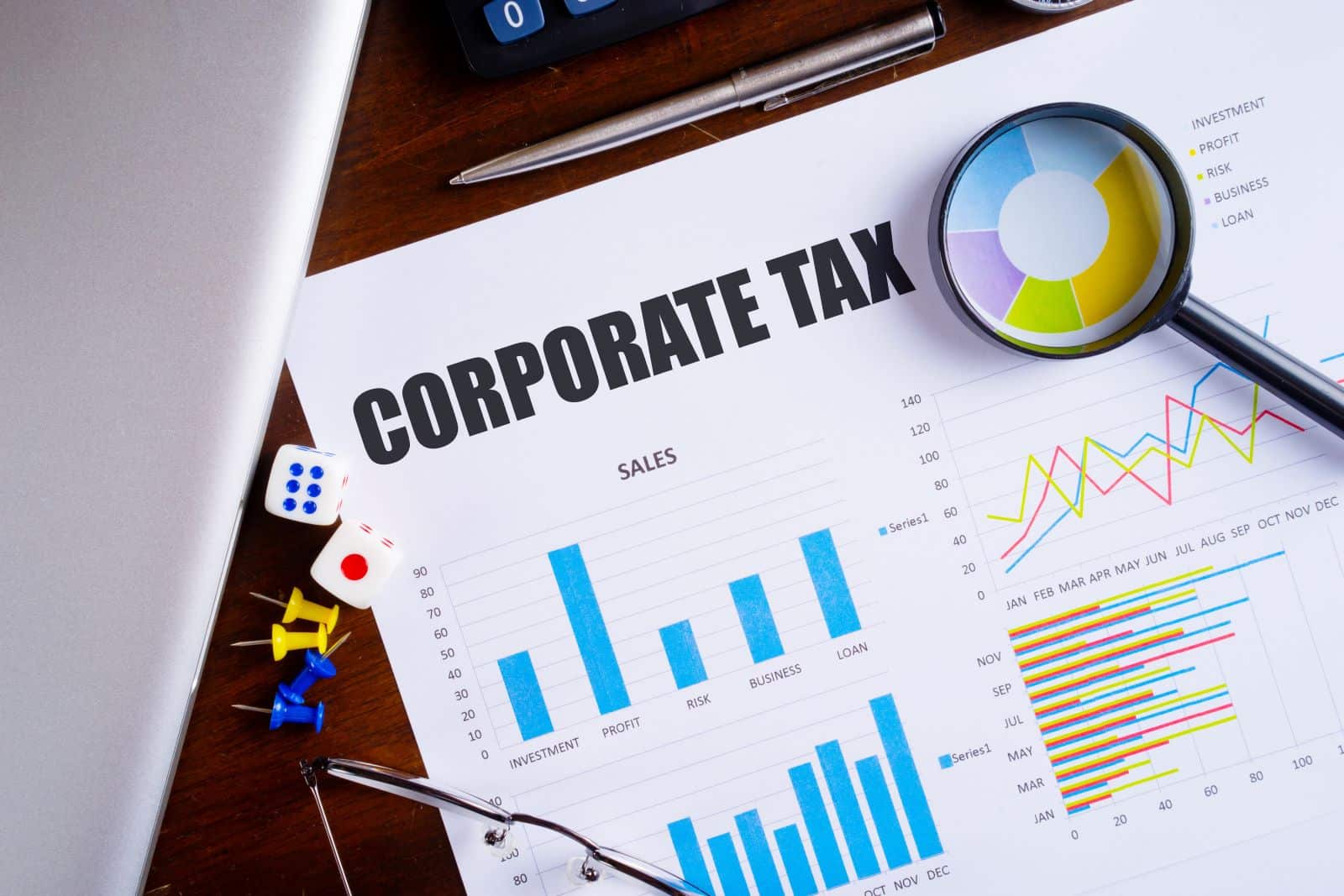Wealthy Russians could be looking at higher tax rates after the Russian Ministry of Finance released its new tax proposal, as exorbitant military expenses continue to mount.
New Tax Proposal

Russia’s Ministry of Finance has announced a new proposal to raise tax thresholds for its wealthiest earners, according to a statement released on Tuesday.
A Progressive Rate

This extra progressive tax rate would be applied to all citizens earning more than 2.4 million roubles, or $27,100 a year.
“Building a Fair and Balanced Tax System”

“The changes are aimed at building a fair and balanced tax system,” Minister of Finance Anton Siluanov claimed during the announcement.
Only Affecting 3% of the Population

He also asserted that “the proposed progressive scale should not concern the overwhelming majority of the population,” as it would only be likely to affect 3.25% of the nation’s working population, according to Siluanov.
Three Times Higher Than the Average Salary

This is because the applicable income level of 2.4 million roubles is approximately three times higher than the average salary in Russia, according to the minister.
Average Salary

CEIC Data, an organization that provides global macroeconomic data, has recorded the average monthly earnings in Russia at $856 as of Feb 2024, which amounts to $10,272, or 920,000 roubles per year.
Rebates and Exemptions

The Ministry of Finance also confirmed that tax rebates would be offered for families with more than two children, and soldiers serving in Ukraine would also be eligible for exemption from the increased tax rates where applicable.
Bolstering Russia’s “Economic Well-Being”

While Siluanov claimed that the extra funds collected from these taxes would be used to bolster the country’s “economic well-being,” for many the timing has been difficult to ignore.
War Spending Continues

The proposal has arrived as Russia is increasingly spending more funds on its ongoing war in Ukraine. As of February, the government had spent an estimated $211 billion on equipping, maintaining, and deploying its own army in Ukraine, according to Reuters.
One-Third of the Budget

A report by the International Institute for Strategic Studies made in the same month found that Russia was spending approximately one-third of its budget on military defense.
2-3 Years or More?

Bastian Giegerich, the Director General of the institute, asserted that the government would be able to maintain its military spending for at least “two to three more years.” But with an influx of tax dollars, that estimate could increase significantly.
Increasing Above 2.4 Million

The tax proposal expects to maintain an income tax of 13% for those who earn less than 2.4 million roubles, with tax rates steadily increasing for citizens who earn more.
Maximum Tax Rate

The maximum tax rate would apply to incomes of more than 50 million, or $555,00, at a rate of 22%.
Still Yet to Be Approved

Though the announcement has been made, it will still need to successfully pass through the Russian parliament, before it can be signed off by the country’s president Vladimir Putin.
20 Years of Flat Tax

Previously, the country has applied a 13% flat tax for all income levels that streamlined tax collection across the nation when it was first introduced in 2001. The rate was then amended to 15% for those earning over 5 million roubles, or $55,000 in 2021.
Good News for the Budget

From 2021 onward, that tax amendment brought in an additional 8.3 billion in taxes, or $92 million per year according to domestic business news site RBC.
Extra $29 Billion

If approved, this new progressive tax rate is expected to net an extra 2.6 trillion roubles, or $29 billion a year, as reported by the Russian news agency Interfax.
Already Warned by Putin

This recent proposal, which could come into effect in 2025, will come as no surprise to the Russian public. Prior to securing his fifth term as president in March, Putin suggested that tax rates on corporations and wealthy elites would be raised if he was voted in.
Corporate Tax Hike

The proposal also included a corporate tax hike, including a tax on mineral extraction throughout the country, with a focus on companies that produce fertilizers and iron ore.
$125 Billion more

Russia’s corporate tax rate will be raised from 20% to 25%. It is expected to provide 11.1 trillion roubles, or $125.3 billion, between 2025 and 2030.
Remote No More: 19 Companies Returning to the Office

As the pandemic wanes, companies are recalling remote workers back to the office, sparking debates on fairness, costs, and convenience. However, there are also notable productivity, coworking, and mental health benefits to consider. Feeling the effects of these changes? Remote No More: 19 Companies Returning to the Office
8 Costco Must Buys and 8 to Leave Behind

Ever wandered Costco’s aisles, questioning if that giant jar of pickles is a real bargain? Or debated buying tires where you get your rotisserie chicken? Welcome to the definitive guide to Costco shopping—a journey to save money, prevent regrets, and offer quirky insights into bulk buying. 8 Costco Must Buys and 8 to Leave Behind
23 Reasons Texas Is the Next Big Thing

Texas is becoming a beacon of opportunity, blending cultural heritage with economic growth. From its landscapes to its industries, the Lone Star State offers a dynamic lifestyle. Here are 23 reasons why Texas stands out, attracting entrepreneurs, artists, tech professionals, and families seeking new beginnings. 23 Reasons Texas Is the Next Big Thing
Featured Image Credit: Shutterstock / Anton Brehov.
The content of this article is for informational purposes only and does not constitute or replace professional financial advice.

